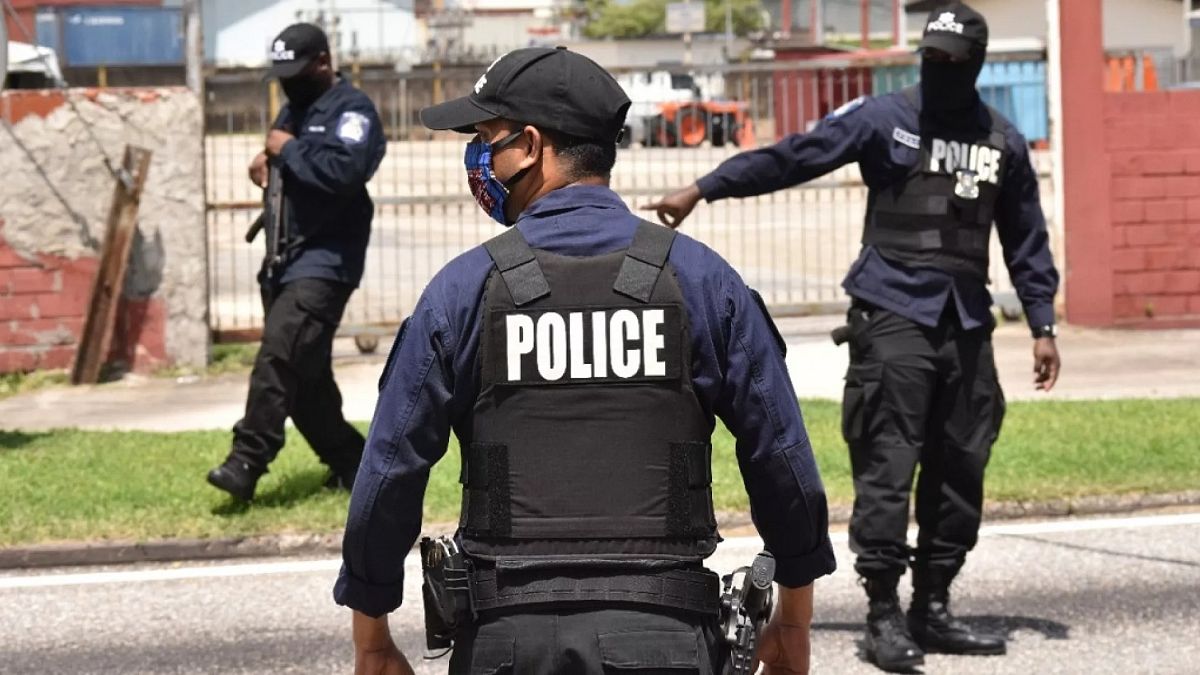

Amid a world that continues to navigate the complexities of modern geopolitics, several regions are experiencing significant turbulence. Recent updates reveal various causes and responses as authorities strive to maintain peace and stability.
In Trinidad and Tobago, the government has declared a state of emergency following the uncovering of a precarious plot within the country’s penitentiary system. Authorities believe the scheme aimed to harm high-ranking officials, prompting a decisive response. Although the country has not imposed a curfew, the heightened state of alert empowers law enforcement to conduct searches and detain individuals without a warrant—a measure intended to swiftly address potential threats and maintain national security.
The landscape of international justice saw a significant stride with the arrest of a man in Germany accused of crimes against humanity at a Libyan prison. The International Criminal Court (ICC) reports that this development stems from long-standing investigations initiated in 2011, during the upheaval following Muammar Gaddafi’s fall. This arrest highlights ongoing efforts to address and resolve historical injustices in the region while emphasizing the importance of accountability in fostering peace.
Tensions have also escalated in Eastern Europe, where the United Kingdom has imposed sanctions on Russian intelligence operatives linked to cyber campaigns and a deadly strike on a Ukrainian theatre. These sanctions serve as a direct response to alleged interference across various sectors, including elections and public health infrastructure in Europe and North America. The British Foreign Office’s actions underscore a firm stance against cyber-aggression, advocating for the integrity of democratic institutions and international law.
The Middle East remains a focal point of concern, particularly with renewed violence in Syria’s Suwayda province. Clashes between Druze militias and Bedouin clans have necessitated an intervention, including a return of Syrian forces facilitated by mediation efforts from the US, Turkey, and Arab nations. The United Nations has called for an independent investigation into the escalating violence, emphasizing the dire need to cease hostilities that have already resulted in significant loss of life. Additionally, reports from various observers describe a distressing scene of casualties, further propelling calls for a stabilizing ceasefire.
Adding to the regional strain, a recent Israeli airstrike on Gaza’s only Catholic church has drawn international attention. The incident prompted senior Christian clerics to visit the area, urging for accountability and emphasizing the necessity for measures that prevent further escalation. These leaders, including the Catholic Latin Patriarch and his Greek Orthodox counterpart, stress the devastating human toll of continued conflict and advocate for renewed dialogue aimed at sustainable peace.
These various incidents, though geographically disparate, reflect the interwoven challenges of modern geopolitical dynamics. Responses range from local enforcement measures to international diplomatic efforts, aiming to address immediate threats while fostering longer-term solutions conducive to stability and well-being. As the world observes, there is a collective hope that through mindful collaboration and decisive action, progress towards peace can be diligently pursued.
Source: {link}
